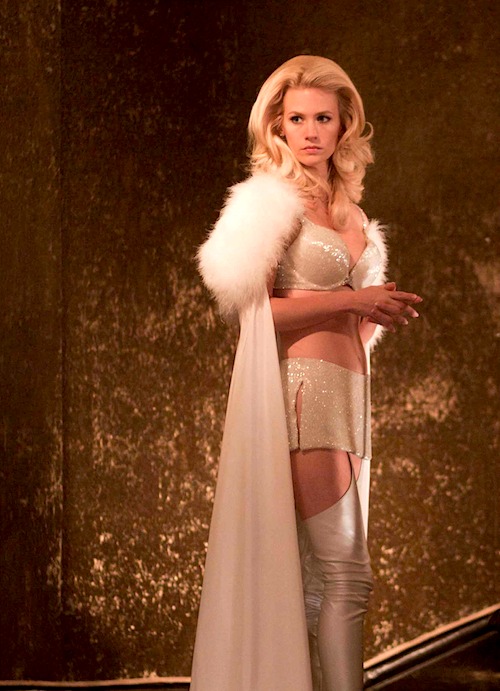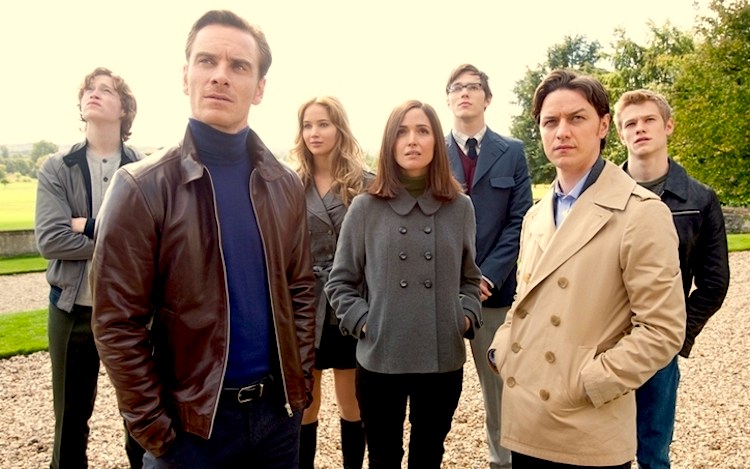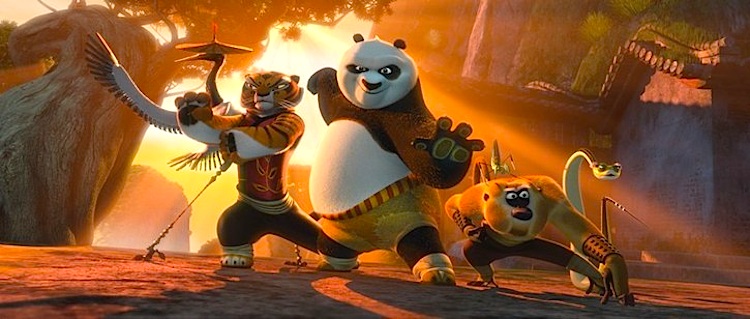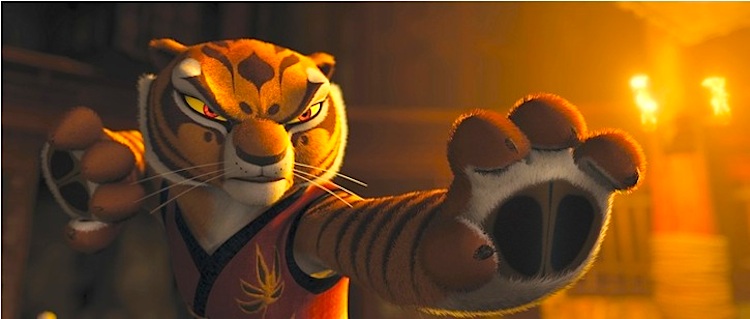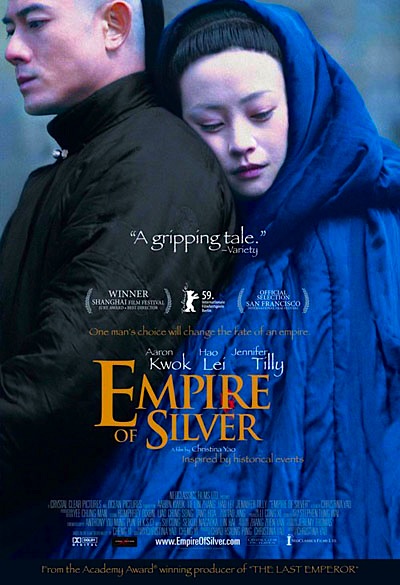By Jason Apuzzo. • So the fantastic news from yesterday is that the Angelina Jolie anti-communist thriller Salt, which we loved here at LFM, is likely to get a sequel. Deadline broke the story yesterday that Sony is moving forward on the project, with Jolie returning to star and Kurt Wimmer returing to write the screenplay. It’s not clear at the moment whether Phillip Noyce will be returning to direct, which is a key issue in my opinion – as Noyce is an old pro who really guides such projects masterfully. But nonetheless this is fabulous news, as Hollywood currently now has its own full-fledged communist-hunting franchise up and running. What could be better?
As LFM readers will recall, we were very enthusiastic over this film last year, not because the film was a masterpiece, but because it represented a return to the classic, Cold War anti-communist ethos that has been missing not only from mainstream Hollywood cinema – but also from the broader culture. Salt as much as any film was the reason we began doing Cold War Updates! – although other projects like MGM’s new Red Dawn (which we’d privately seen, way in advance) or Mao’s Last Dancer contributed to this Cold War Update! series being created, as well.
As we know, the communist threat has very much shifted from West to East, with China and North Korea emerging as potent threats to America – but Salt dwells on what has always been a great subject for spy cinema, which is the threat of communist infiltration here at home. (Specifically, Salt deals with Russian communist sleeper agents here in America left over from the Cold War, who are ultimately intent on returning Russia to its Soviet past.) Nowadays one might well ask whether communists need to even bother hiding themselves, anymore … incidentally, have I ever mentioned to Libertas readers that Van Jones is an old acquaintance of mine, and of Libertas contributor David Ross? … but perhaps that’s a story for another day.
What’s even more remarkable about the Salt ‘franchise’ – if we can call it that now – is that it’s emerging without the help of Fox News, talk radio, or the conservative blogosphere, all of whom appear curiously unaware of this film – even though Jolie is easily the biggest female star in the world, besides being daughter to Jon Voight. What gives? I often hear conservatives complain about ‘films that Hollywood won’t talk about’ or films that Hollywood is somehow trying to ‘suppress’ – such as Atlas Shrugged or American Carol, or a seemingly endless parade of conserva-documentaries – but box office hits like Salt (nearly $300 million worldwide) or even superb indie dramas like Mao’s Last Dancer ($22 million worldwide) or Peter Weir’s The Way Back ($20 million worldwide) seem to now be the films conservatives themselves won’t talk about.
Why is that? Is it because they’re not made by the ‘right’ people?
• The next Bond film (James Bond #23) now has a UK release date of October 12th, 2012 (the U.S. release is Nov. 9th), and rumors are swirling that the next Bond girl may be Naomie Harris.
Just for fun, by the way, I’d like to float an idea out there: that with Michael Bay concluding his work on the Transformers series, that the Brocollis consider giving him the Bond franchise … and Michael Fassbender the role of 007. Wouldn’t this be great? Feel free to comment below on the idea. You never know, after all, who might be reading this site.
• A boffo new trailer for the Call of Duty 3: Modern Warfare game is out, a game that will continue the Call of Duty storyline of a Russian invasion of America … this time involving Russian sponsorship of worldwide terror-attacks. The trailer is really something – absolutely epic in the scope of the villains’ all-out assault on the Western world – so be sure to check it out above.
You can also read this highly spoilerific summary of the game’s storyline, and you can catch some great footage of gameplay. This thing just looks superb, and quite intense. Continue reading Cold War Update!: Angelina Jolie to Hunt Communists in New Salt Franchise + ‘X-Men’ Fallout and The New ‘Call of Duty’!




